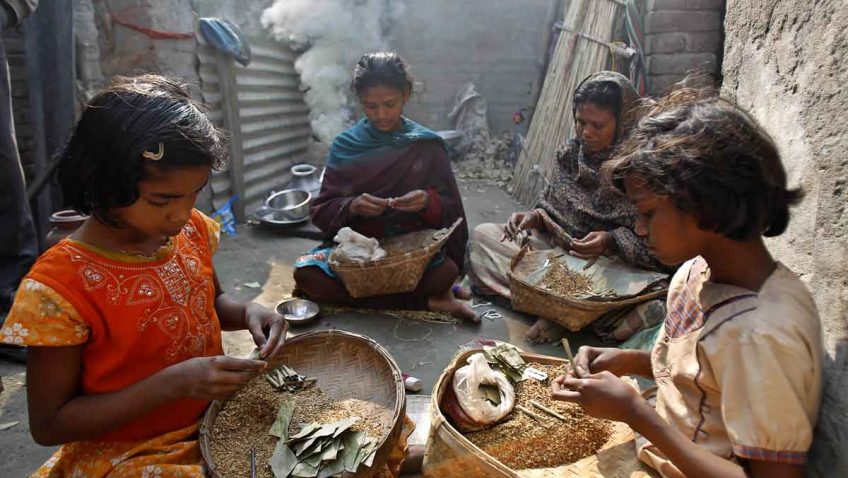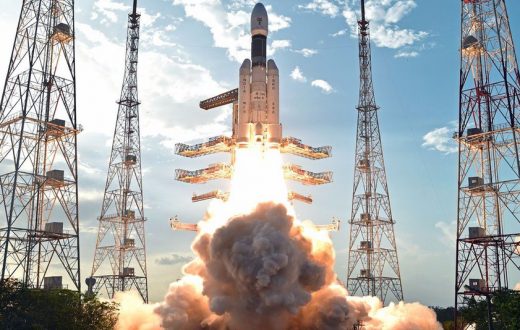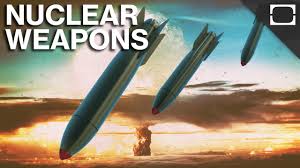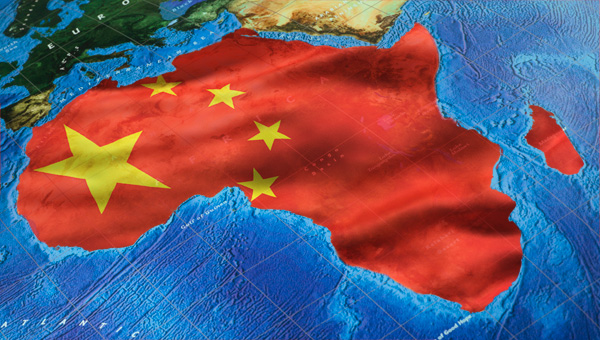India is among the top emerging economies of the world; Standard Chartered economists led by David Mann predicted that India likely to surpass U.S to be world’s second largest economy by 2030. Emerging markets (E7) could grow around twice as fast as advanced economies (G7) on average. However, it is imperative for the emerging economies to enhance their institutions and their infrastructure significantly if they are to realize their long-term growth potential.
India presented US$ 60.9 billion for the interim Union Budget 2019-20, $42.7 billion is earmarked for what is conventionally termed as the defense budget. However, India is facing real challenges in other sectors as compare to security. Illiteracy, for instance, the percentage of illiteracy in India is alarming. Every five persons among ten in India are illiterate. The condition in villages is worse than in cities. Secondly, the most widely spread endemic in India is corruption, which must be handled quickly and wisely. Thirdly, there are about 700 million people who have no access to toilets at home. Slum areas do not have toilets. People are thus forced to defecate in open, which causes numerous diseases like diarrhea, cholera, dehydration etc. Additionally, a third of the world’s poor live in India, and 37% of the total population in India lives below the international poverty line; 42% of children who are under the age of five years, are underweight.
India has been sponsoring terrorism, for decades, in Afghanistan and Pakistan, in order to, destabilize Pakistan. Pakistan’s intelligence agency gathered solid intelligence of India’s Research and Analysis Wing (RAW) and Afghanistan’s National Directorate of Security (NDS) nexus. India’s Research and Analysis Wing (RAW) and Afghanistan’s National Directorate of Security (NDS) are patronizing terrorists groups to attack soft targets in Pakistan.
Apparently, these acts of terrorism in Pakistan have link with Indian plan to destabilize Pakistan through internal turmoil, along with diplomatic isolation of Pakistan, internationally. However, the deep down look into the matter reveals some astonishing facts which are linked directly to India, the United States of America and Israel alliance. Firstly, India along with other major regional powers, has been trying to carve a niche for herself in the future of Afghanistan. The presence of American troops in Afghanistan will help India play a vital role in the regional politics. Withdrawal of American troops will also restrict the role of Indian agencies in Afghanistan and Baluchistan; Pakistan and China role will be enhanced. On the other hand, Pakistan seeks peaceful resolution of Afghanistan, which would ultimately, Afghan led- Afghan owned. Secondly, Americans see China, Iran and Pakistan as a future threat to her hegemony in the region; American sees India as potential contender to challenge new powers in the region. Thirdly, Israel seeks role beyond Middle East and wishes to engage other powers in South Asia in order to pursue their interest in the region. Israel- Iran animosity is no more a secret to world, Iranian support for Taliban peace talk raised concerns in Tel Aviv; turmoil in the region is in the best interest of the Israel. On contrary, the peaceful resolution of the Afghanistan is in the best interest of the Pakistan, China and Iran while it is opposite for the America, India and Israel. America and India are never a part of China’s vision of one belt one road; both are seeking ways to disturb and delay the investment of China in the region.
India and Pakistan remained involved in wars over seventy years and the looming threats of nuclear war between two neighbours can never be discarded at any time. It is clear to all that, both countries have nuclear capabilities and both countries are among the top countries which are spending high budgeted amount on defense on account of deterrence policy. Instead of resolving conflicts through peaceful dialogue both countries heavily spending on weapons and other war related equipment. Recently, tensions between two countries, after Pulwama attack, went to high level, and both countries violated airspace of each other countries in order to prove supremacy of air force over each other. The point to be noted here; super powers instead of resolving the conflicts between two countries; remained busy in selling weapons to these countries. Many intellectuals are posing questions to the stakeholders; is war only solution to the conflict? Media of India remained busy in war mongering and media promoted and marketed the narratives of the weapons industry. The poor of both countries want to ask question to both countries what they have done for them to extricate poor from the poverty; they are spending on weapons and remained fully involved in cold war doctrine to destabilize each other. It is time for all and sundry to put question to politicians; they are disguising nation and spending national resources in heinous activities in the name of national interest.
The most disappointing thing in this matter refers to the priorities of both countries; firstly India is involved in the hegemonic plans to subdue rest of South Asia to dictate the governments. The smaller countries of the region are happy to take dictation from India while only challenge that, India is facing, is the resistance from Pakistan. Pakistan is nuclear country and maintains certain level of deterrence in order to keep her sovereignty. Moreover, Pakistan is a Muslim country and Muslims never happy to surrender in front of any power which is not Muslim. Instead of working for the improvement of the people who living in misery, India is actively involved in subduing the Pakistan. Secondly, the Kashmir issue has very much intensity to take both countries into war. Pakistan supports the Kashmiris on human right basis and on the grounds of right to self-determination according to the resolutions of the UNSC. However, India is pursing the policy of violence against the fighters and the situation in the Kashmir is very volatile. India, instead of resolving the issue of Kashmir, peacefully; trying to create insurgency in Baluchistan through intelligence agencies; wishes to divert the attention of world toward the Indian made Baluchistan issue. Now, there is serious question about conflict resolution, is India wants to resolve issues peacefully through negotiation or remain in aloof situation and continue to create violent situation in different parts of the region. The main point to remember here; no country can remain in stable condition and continue to grow economically while having instability and insurgency in the neighboring country. Pakistan is the best example which can be extracted in the recent situation from geopolitics. The dream of India to become 2nd economic power by 2030, will remain a dream if there will be no peace in Afghanistan, Kashmir and Baluchistan. The misery of the poor people will continue to prolong if some serious efforts could not be diverted toward the welfare of the masses.
To conclude the above mention facts, both countries are wasting the prestigious resources for an unappreciated activity which would ultimately end up squeezing the resources of the both nations. Pakistan is the worst affected nation between the two in their undeclared cold war. India got nukes from Russia in order only to threaten its neighbors, especially Pakistan that in turn forced Pakistan also to have the nuclear facility at a very high cost, affecting normal life of Pakistan as scarce resources were diverted from social sectors to create a nuclear regime to take on India, to defend itself from any mischievous attacks. What would be the end result of this cold war? A war or a peaceful resolution of the conflicts?








